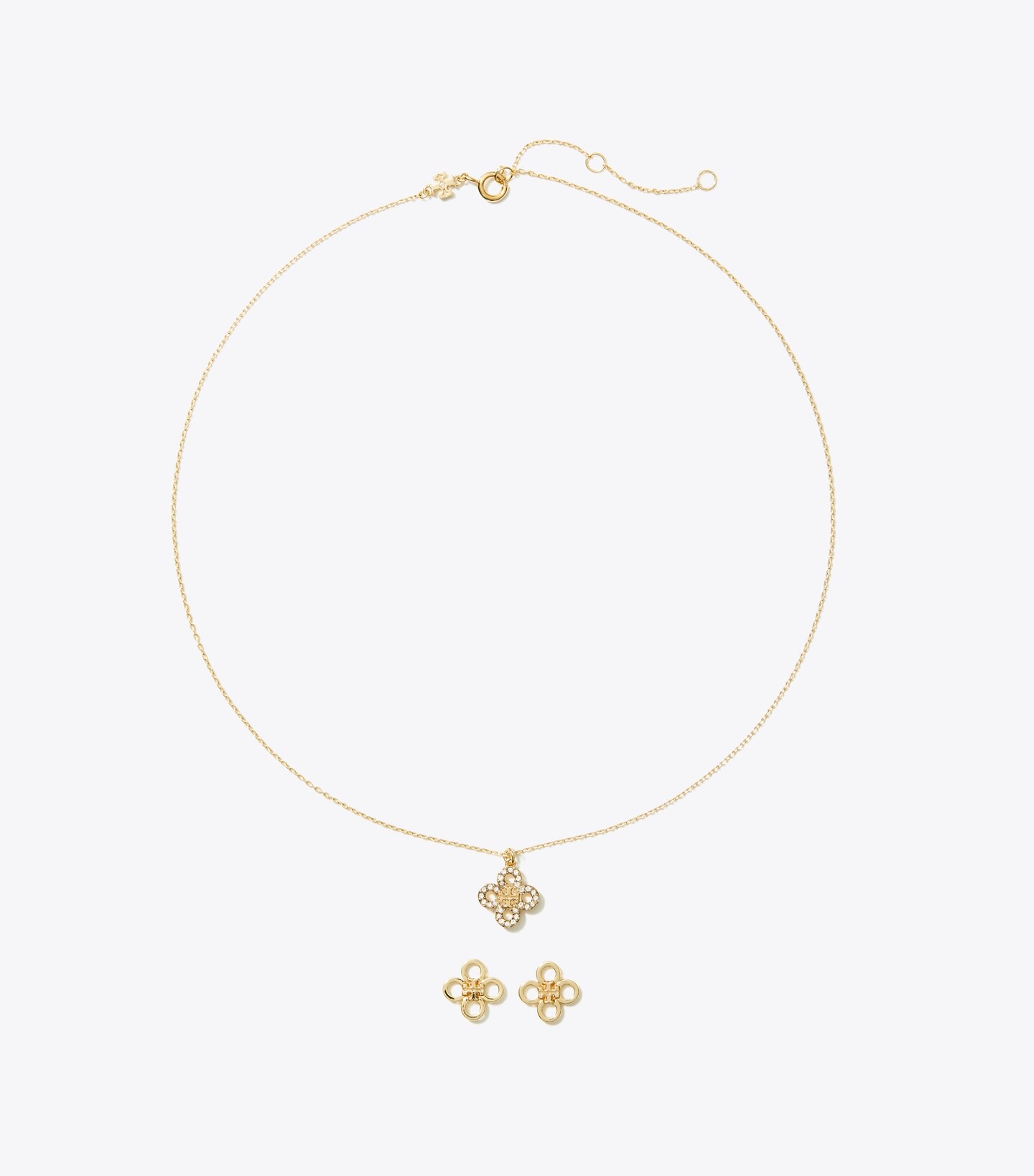Home
Eros Neoplatonism and its Reception Christian Philosophy: Exploring Love Plotinus, Proclus Dionysius the Areopagite
Barnes and Noble
Eros Neoplatonism and its Reception Christian Philosophy: Exploring Love Plotinus, Proclus Dionysius the Areopagite
Current price: $130.00


Barnes and Noble
Eros Neoplatonism and its Reception Christian Philosophy: Exploring Love Plotinus, Proclus Dionysius the Areopagite
Current price: $130.00
Size: Hardcover
Loading Inventory...
*Product information may vary - to confirm product availability, pricing, shipping and return information please contact Barnes and Noble
Showing the ontological importance of
eros
within the philosophical systems inspired by Plato, Dimitrios A. Vasilakis examines the notion of
in key texts of the Neoplatonic philosophers, Plotinus, Proclus, and the Church Father, Dionysius the Areopagite.
Outlining the divergences and convergences between the three brings forward the core idea of love as deficiency in Plotinus and charts how this is transformed into plenitude in Proclus and Dionysius. Does Proclus diverge from Plotinus in his hierarchical scheme of
? Is the Dionysian hierarchy to be identified with Proclus' classification of love? By analysing
The
Enneads
, III.5, the
Commentary on the First Alcibiades
and the
Divine Names
side by side, Vasilakis uses a wealth of modern scholarship, including contemporary Greek literature to explore these questions, tracing a clear historical line between the three seminal late antique thinkers.
eros
within the philosophical systems inspired by Plato, Dimitrios A. Vasilakis examines the notion of
in key texts of the Neoplatonic philosophers, Plotinus, Proclus, and the Church Father, Dionysius the Areopagite.
Outlining the divergences and convergences between the three brings forward the core idea of love as deficiency in Plotinus and charts how this is transformed into plenitude in Proclus and Dionysius. Does Proclus diverge from Plotinus in his hierarchical scheme of
? Is the Dionysian hierarchy to be identified with Proclus' classification of love? By analysing
The
Enneads
, III.5, the
Commentary on the First Alcibiades
and the
Divine Names
side by side, Vasilakis uses a wealth of modern scholarship, including contemporary Greek literature to explore these questions, tracing a clear historical line between the three seminal late antique thinkers.

















